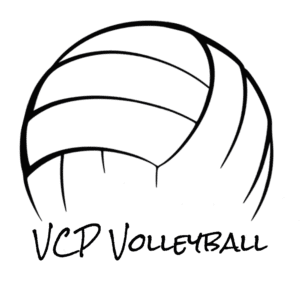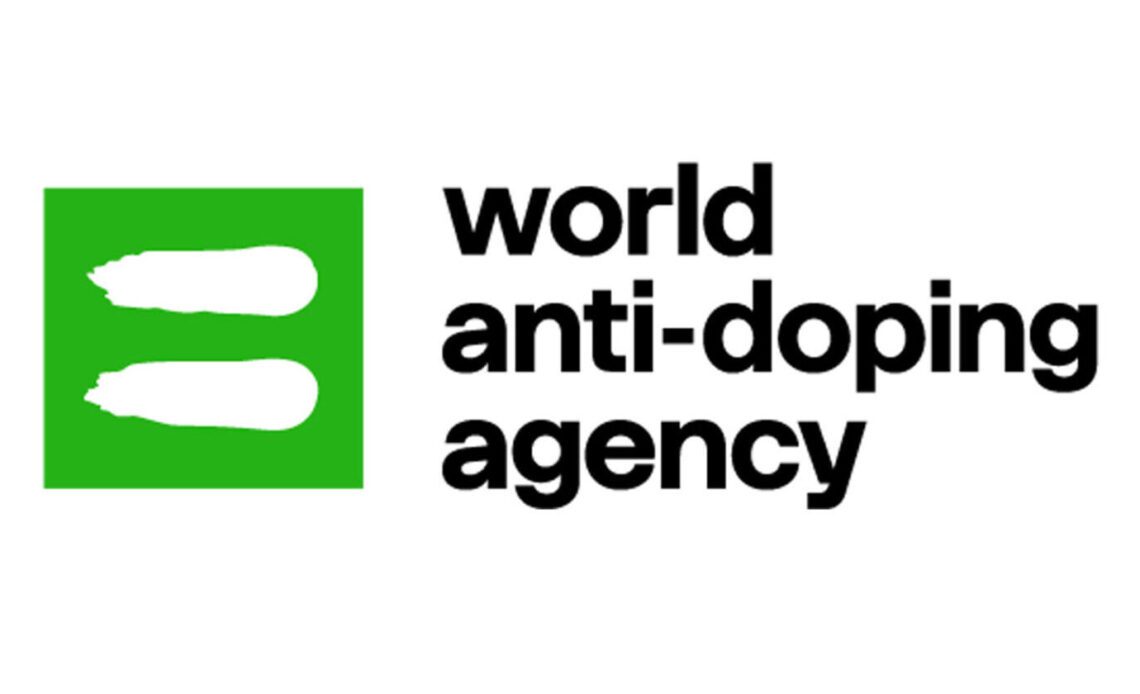The World Anti-Doping Agency (WADA) is pleased to announce the launch of a new education course for athletes, their guides (for visually impaired athletes), and coaches aiming to attend the Paris 2024 Paralympic Games on its Anti-Doping Education and Learning platform (ADEL).
‘ADEL for Paris 2024 Paralympic Games’ was developed by WADA in collaboration with the International Paralympic Committee (IPC). It is a demonstration of the organizations’ ongoing commitment to working together to educate and support athletes and their coaches in the build-up to the Games, a principle that is reinforced by WADA’s International Standard for Education (ISE).
Those taking the new course—which has been developed to cater to the specific needs of Paralympic athletes—will gain an understanding of the Paris 2024 Paralympic Games’ anti-doping rules, procedures, and requirements, including how to check medications and apply for a Therapeutic Use Exemption (TUE); how to provide Whereabouts information; and information regarding athletes’ rights and responsibilities during the testing process. The course will also allow athletes, coaches, and guides to identify key information, such as important dates and which organization has jurisdiction over them during the Games period.
WADA Director of Education, Amanda Hudson, said: “WADA is grateful for the cooperation with the IPC in developing this education solution for Anti-Doping Organizations (ADOs) to use as part of their pre-Games education efforts. We share a common goal in that we wish to see all Paralympic athletes, and those who support them, educated on anti-doping matters prior to their arrival in Paris. We encourage all ADOs intending to send teams to the Paralympic Games to invest their time in educating their national teams and to play their part in protecting both their national reputation and the integrity of the Games.”
Jude Ellis, Head of Anti-Doping at the IPC said: “The IPC is committed to clean, fair and competitive sport for athletes. We support the Education First principle, where an athlete’s first experience with anti-doping is through education (not testing), so we strongly encourage National Paralympic Committees to work with their National or Regional Anti-Doping Organizations to ensure that athletes, coaches, and other support personnel are properly educated ahead of the Games.”
Completion of this course, which includes a certificate for those who achieve a score of 80% or…
Click Here to Read the Full Original Article at World ParaVolley…

